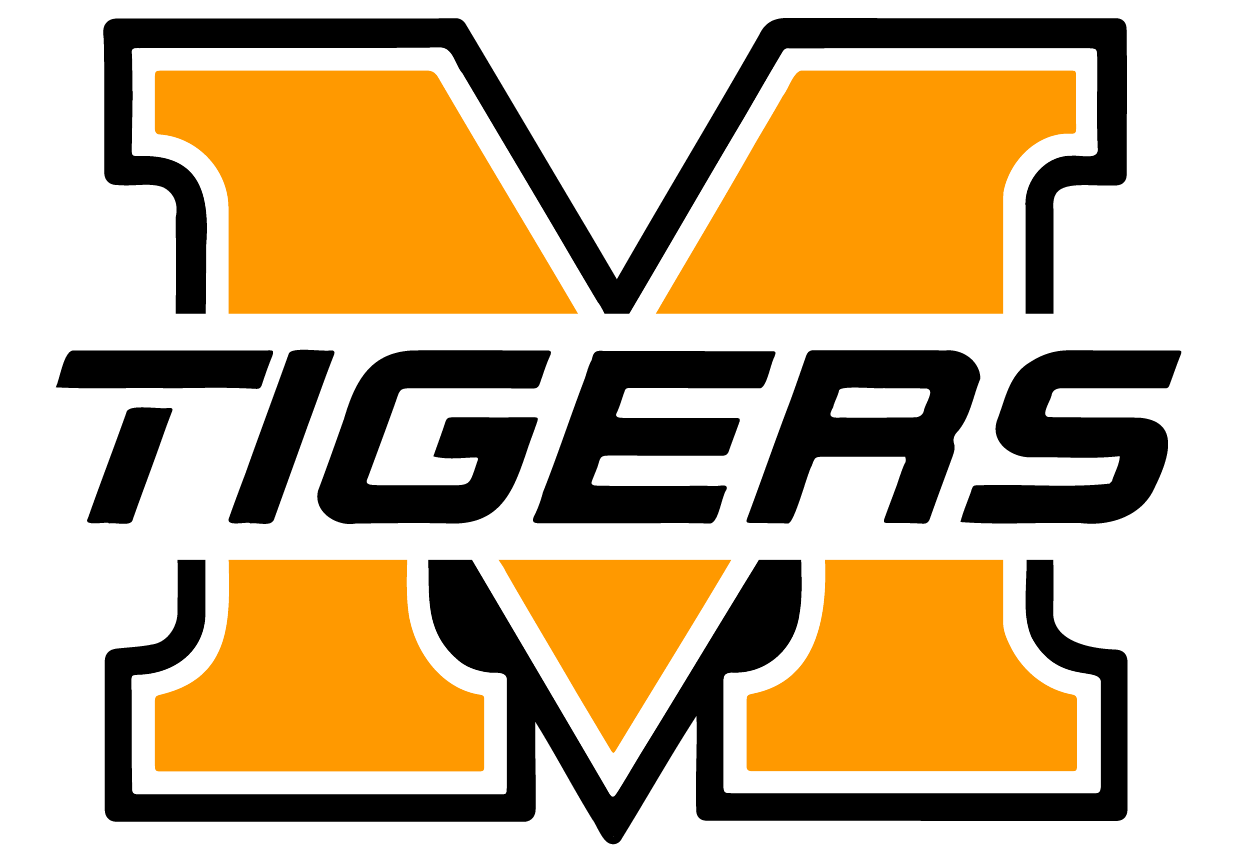Agricultural Ed
Instructor
Walker Dobry
Vicki Clark
Industrial Arts & Agricultural Education Curriculum
Agronomy: This course will introduce you to the basics of agronomy, the science and technology of producing and using plants for food, fuel, fiber, and land reclamation. You will learn about soil management, crop production, and sustainable farming practices, as well as utilization of fertilizers and pesticides for weed and pest management. This is a semester long course.
Animal Science: Students will learn about the various classifications of animals, their biological systems, habitats, and roles in ecosystems. In addition, the course will delve into topics such as animal behavior, genetics, and conservation. Through hands-on projects, experiments, and field trips, students will gain a comprehensive understanding of animal science.
Farm and Ranch Management: This course is designed to gain an understanding of the principles and practices underlying farm and ranch management. It will cover topics such as livestock management, crop production, financial management, marketing, and sustainability in farming and ranching. This is a semester long course.
Fish and Wildlife Management: This course is designed to supply students with a comprehensive understanding of the principles and practices involved in the management and conservation of fish and wildlife populations. Students will learn about the biology, ecology, and behavior of various species, as well as the techniques used to monitor and manage their populations. This is a semester long course.
Introduction to Agriculture: This course provides students with a comprehensive introduction to the world of agriculture. Students will explore various topics related to farming, animal science, plant science, sustainability, and agricultural technology. This course aims to develop students' understanding of the importance of agriculture in society and equip them with foundational knowledge and skills in this field. This class is required for anyone who wants to participate in FFA. This class will also explain all aspects of the FFA relating from leadership to contests students would like to participate in.
Introduction to Skills and Technical Sciences: A hands-on course designed to give students a broad understanding of technical, trade, and industrial skills used in today’s workforce. Students will explore areas such as construction, welding, and manufacturing. Emphasis is placed on safety, tool identification, measurement, project design, and problem-solving through real-world applications. Through classroom instruction and lab activities, students will develop practical skills, teamwork, and an appreciation for careers in the technical and skilled trades. This course lays the foundation for future study in welding, construction, and manufacturing.
Junior High Exploratory – Agriculture: This exploratory course will give students the opportunity to discover the many areas of agriculture. An emphasis is given to understanding how agriculture is important in our world through exploration in careers, agribusiness systems, plant and animal systems, food processing, and natural resources systems.
Landscape Design: This course will explore the fundamental concepts of landscape design, including the basic principles of site analysis and design, and application of design principles to real-world landscape projects. This is a semester long course.
Plant Science: In this Plant Science course, students will explore the fascinating world of plants, their structure, functions, and their impact on the environment and human life. Through hands-on activities, experiments, and research, students will deepen their understanding of plant biology, ecology, and agricultural practices. Students will also germinate plants to further grow in the greenhouse as well as sell at the end of the year. This is a semester long course.
Precision Agriculture: The Precision Agriculture course introduces students to the principles and practices of precision farming techniques. Students will learn about the application of technology and data analysis in agricultural systems to optimize productivity and sustainability. The course will focus on topics such as GPS technology, remote sensing, variable rate technology, data management, and precision livestock farming. This is a semester long course.
Small Engines: Small Engine is intended to offer entry level instruction and training in the areas of tool use, measurement, maintenance, diagnostics, personal and shop safety, theory, design and applications as they pertain to the subject of small internal combustion engines. Students will be exposed to various methods of instruction, including (but not limited to) lecture, audiovisual instruction and hands-on learning in a lab environment. The course would promote students to demonstrate their ability to access and use technological means to achieve the course goals. Critical thinking and problem solving skills would be demonstrated through completion of required projects, such as the disassembly and reassembly and successful running of a small gas engine. This is a semester long course.
Vet Science: The Vet Science course is designed to introduce students to the field of veterinary medicine. Students will explore topics such as animal anatomy and physiology, common diseases and treatments, veterinary care techniques, and the ethical considerations in animal healthcare. Through hands-on activities and real-world case studies, students will develop knowledge and skills necessary for pursuing a career in veterinary medicine or related fields.
Welding I: This course is designed for students who are interested in learning the basics of welding. Students will learn various welding techniques and safety procedures. Through hands-on projects, students will develop their skills and gain an understanding of the welding industry. Students are required to take Introduction to Agriculture before this class.
Welding II: This course is designed to provide students with advanced knowledge and skills in the field of welding. Students will also learn about some computerized machining processes as well as computerizing plasma cutting. Throughout the year, students will learn various welding techniques and apply them to real-world projects. Welding I is a pre-requisite for this class.
